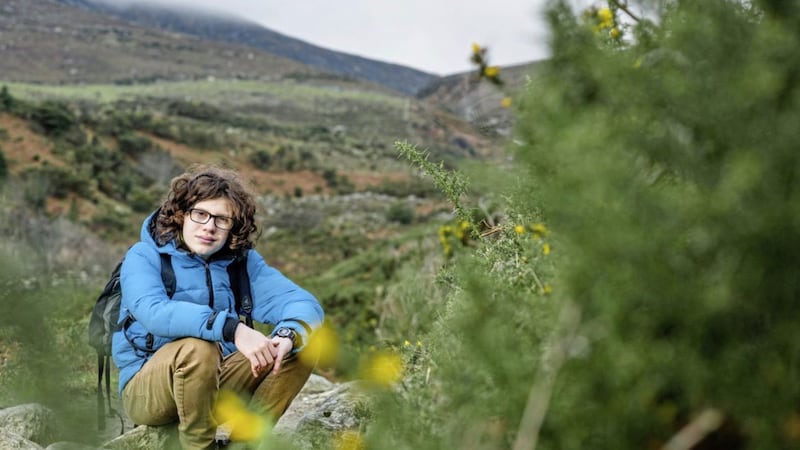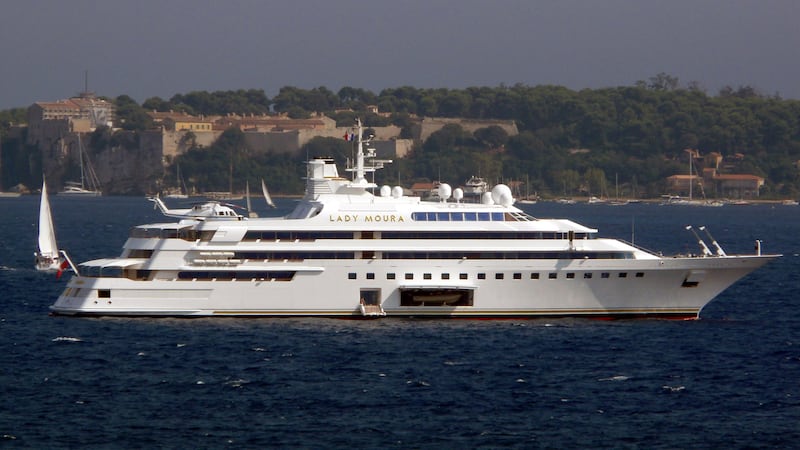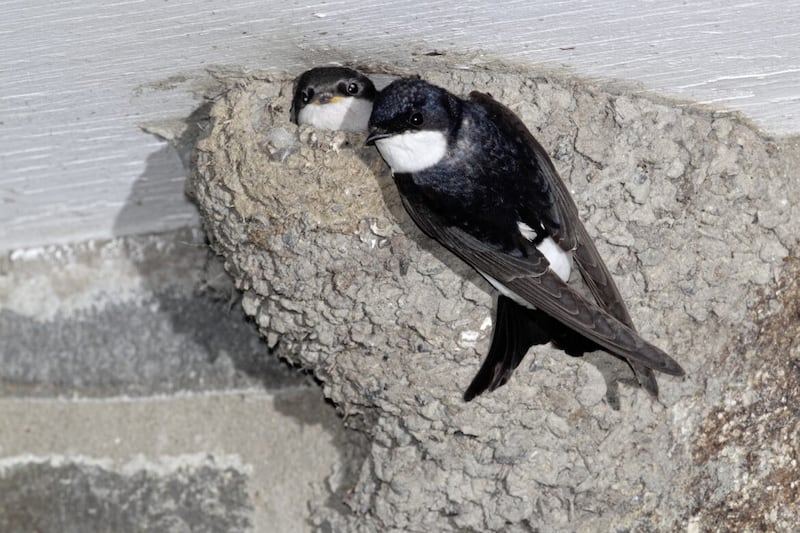THE river was so still on Tuesday morning that the world looked as if it had gained an extra dimension. The trees along the banks and the sky were perfectly reflected, a honking swan flying close to the surface with a slow beat of wings stalked by its upside-down doppelganger.
The only disturbance on the water was caused by other swans foraging in among the reeds and expectant ducks and gulls scurrying across the surface, in the hope of breadcrumbs.
Smaller birds – sparrows, robins and wrens – flitted in among the stripped back branches, just a few withered husks of this year’s leaves still hanging on to the skeletal twigs.
The waters were high, and the raised path ran like a promontory through the swollen river which had swamped the surrounding woodland through which the river runs. In the last days before the winter solstice, the sun was hanging low in the sky and its intense light swallowed up the landscape around me. A hand raised to my eyes to shield them made little impact and it was as if I was walking into pure whiteness.
Perception was briefly altered and the familiar reality of path, trees, river, sky and the sight of the flitting and swimming birds was suspended and replaced by the pure blinding white light.
It was as if the world ahead of me had been rubbed out, like the markings on a whiteboard, clearing the surface for the next lesson. Which, in a meandering way, brings me to climate change – remember that? It hasn’t gone away despite all the distractions of the past year.
The first nine months of 2020 showed record levels of CO2, methane and nitrous oxide in the Earth’s atmosphere and it is on course to be the warmest since records began more than 200 years ago. Another indication that our planet is still warming is the level of sea ice – studies have shown that this is also continuing to decline.
It is too easy for those who care about these things to put our heads in our hands and bemoan the lack of action by world governments, polluting businesses and distorted denial narratives. But small individual actions that may seem quite trivial on their own that when viewed on a collective and global level can create a grassroots groundswell and change our perception and the way we see the world.
This week I am seeing the world through award winning Co Down writer Dara McAnulty, whose Diary of a Young Naturalist is winning literary awards and endorsements from environmentalists all over the place. You get the sense that he is not so much a nature lover as that nature throbs through him and moulds his way of being in the world.
McAnulty, who is aged 16 and autistic, has written a book full of ancient wisdom, sharp observations and sentences that stop you and make you go back to check and ponder on what you have just read.
"Nature sparks creativity. All we have to do is start with the question, Why? The way my mind whirrs and whirls in nature, or even when 'daydreaming', is way more productive than the work I do in school."
While ambling between the sea defences on the beach at Newcastle, he writes: "Even looking out to the wildness of water, as the wind ricochets off boulders and pushes me out to sea, you can feel them on your back: the defences here are as unnatural as the amusement arcades and the water park."
And on the need for action on climate change he writes: "We need to use our senses to be in the world. Maybe, if we bang our heads against a brick wall for long enough, it will crumble and fall. And maybe the rubble can be used to rebuild something better and more beautiful, enabling our own wildness. Imagine that." Imagine indeed.








